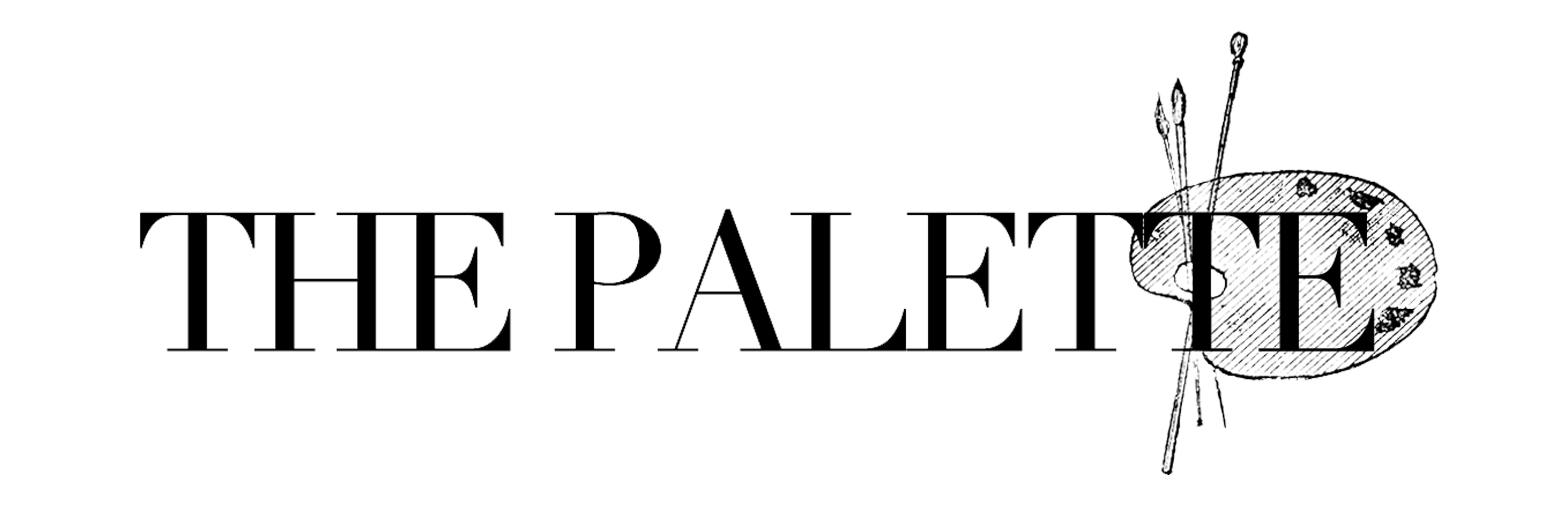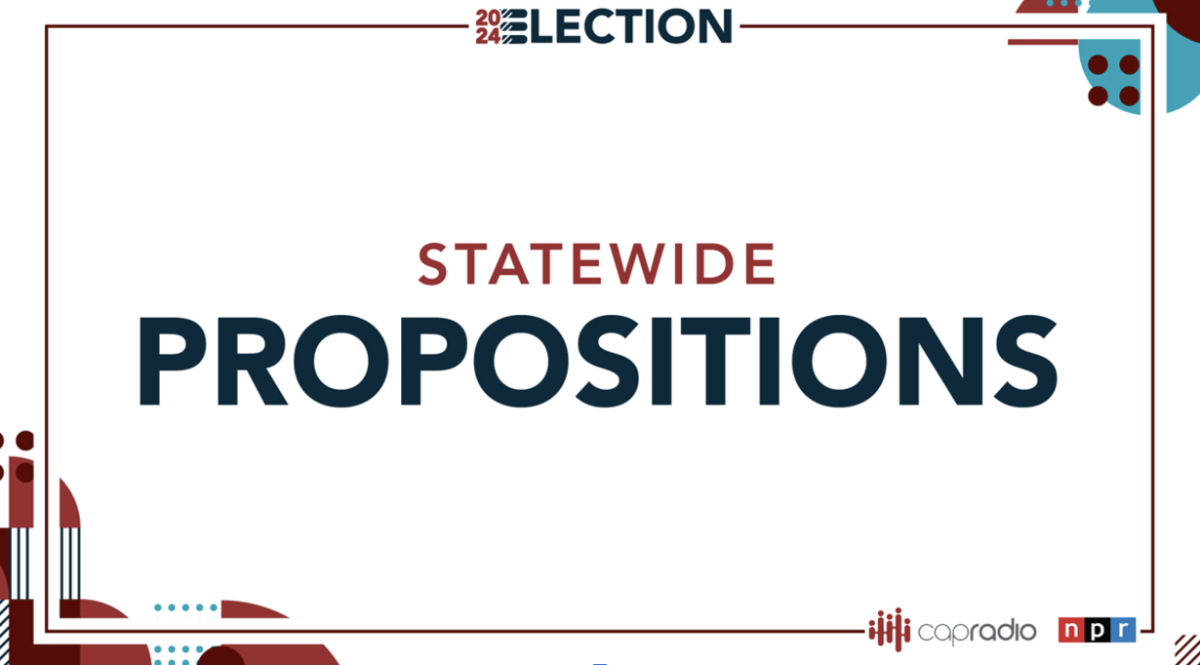This election season, Californians voted on 10 different propositions to be added and repealed in California’s Constitution and laws. Of these 10 props, as of writing on November 12, 2024, of these en propositions, six have been approved by California voters.
Proposition 2: Authorizes Bonds for Public School and Community College Facilities.
Voters decided ‘yes’ on November 6, 2024.
Prop 2 authorizes $10 billion to improve and rebuild both public K-12 schools’ and community colleges’ facilities and systems. $8.5 billion will go to public schools to improve health and safety (such as lead in drinking fountains). The other $1.5 billion will go to community colleges for similar issues. Supporters of Prop 2 say that the $10 billion will be important for the well-being and education of students. Those who oppose Prop 2 believe that money for such issues hould not come from bonds. California, unlike many other states, lacks a consistent budget for the health and safety of government-funded schools. There are additional concerns about the burden of the $10 billion on taxpayers themselves.
Proposition 3: Constitutional Right to Marriage
Voters decided ‘yes’ on November 5, 2024.
Prop 3 amends the California Constitution to remove any language that implies or states that excludes marriage by sex and race. Supporters say that removing language that implies marriage is only between a man and woman, as well as other restrictions, would protect marriage rights within California constitutionally. Opposers say that this threatens traditional marriage and family values.
Proposition 4: Authorizes Bonds for Safe Drinking Water, Wildfire Prevention, and Protecting Communities and Natural Lands from Climate Risks
Voters decided ‘yes’ on November 6, 2024.
Prop 4 approves $10 billion in bonds for climate projects and improvements, primarily in low-income neighborhoods. These improvements include improved drinking water, ungraded firefighting equipment, and environmental conservation efforts. Supporters say that these efforts are essential in growing concerns about climate, whether against droughts, wildfire, smoke, and other natural threats in California. Those against it have raised concerns about the use of bonds to fund the projects. Considering that these threats will always exist, creating an actual budget for these costs makes more sense, rather than using simple bonds, which will cost the average taxpayer.
Proposition 34: Restricts Spending of Prescription Drug Revenues by Certain Health Care Providers
Voters decided ‘yes’ on November 5, 2024
Prop 34 would require health providers to spend at least 98% of revenue from the federal drug program, which allows for discounted prices on medication for those in poverty, Health-providers who refused to comply could have health licenses and tax-breaks revoked. Supporters say that it both makes medications more affordable for lower-income patients and prevents the legal loophole of diverting money from the federal program to be used on projects that do not benefit patients. Opposers say that this is a simple retaliation for Proposition 33 (Expansion of the Local Government’s Ability to Inact Rent Control) and illegal, as just one person/organization cannot be targeted for persecution.
Proposition 35: Provides Permanent Funding for Medi-Cal Health Care Services
Voters decided ‘yes’ on November 5, 2024
Proposition 35 creates a permanent tax on California residents to fund Medi-Cal, a California medical insurance program for lower-income people and other disadvantaged groups. This tax will increase Medi-Cal funding by $2-5 billion annually and allow for better and more expansive healthcare to reach those who otherwise would not be able to access medical treatment.
Proposition 36: Allows Felony Charges and Increases Sentences for Certain Drug and Theft Crimes
Voters decided ‘yes’ on November 5, 2024
Proposition 36 allows for harsher penalties regarding felony charges. This applies primarily to drug and theft felonies with longer sentences and fines. In addition, to longer sentences, it allows for crimes of theft totaling under $950 to be charged as felonies.
In addition to the six passed this year, four more failed: Proposition 5, which would have lowered the votes needed to approve bonds for housing and infrastructure; Proposition 6, which bans slavery/involuntary servitude as punishment for crime; Proposition 32, which raises the minimum wage; and Proposition 33, which repeals bans on rent control.





